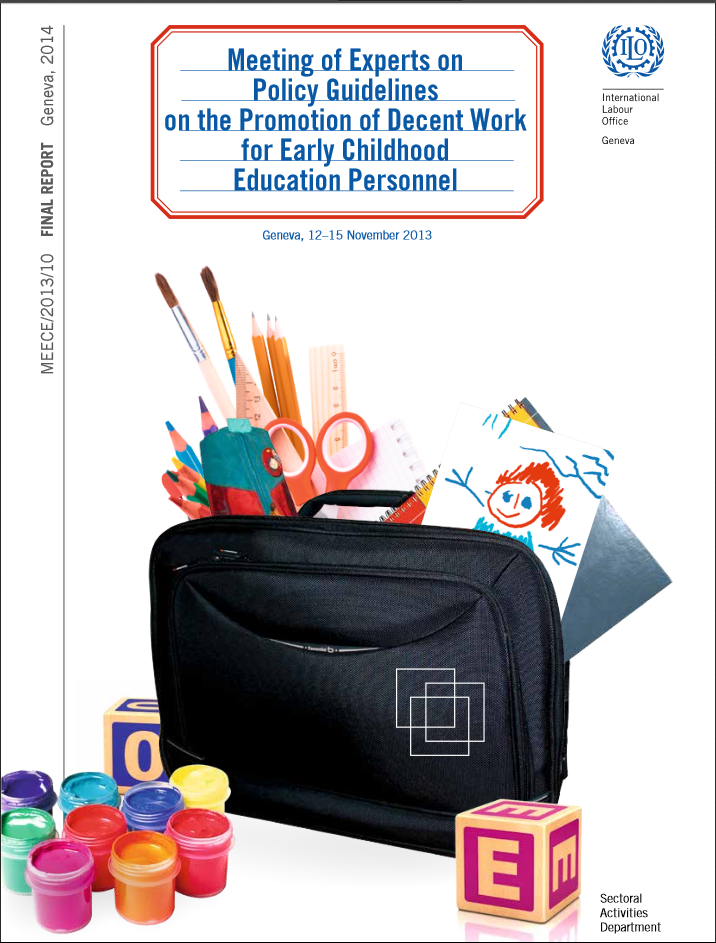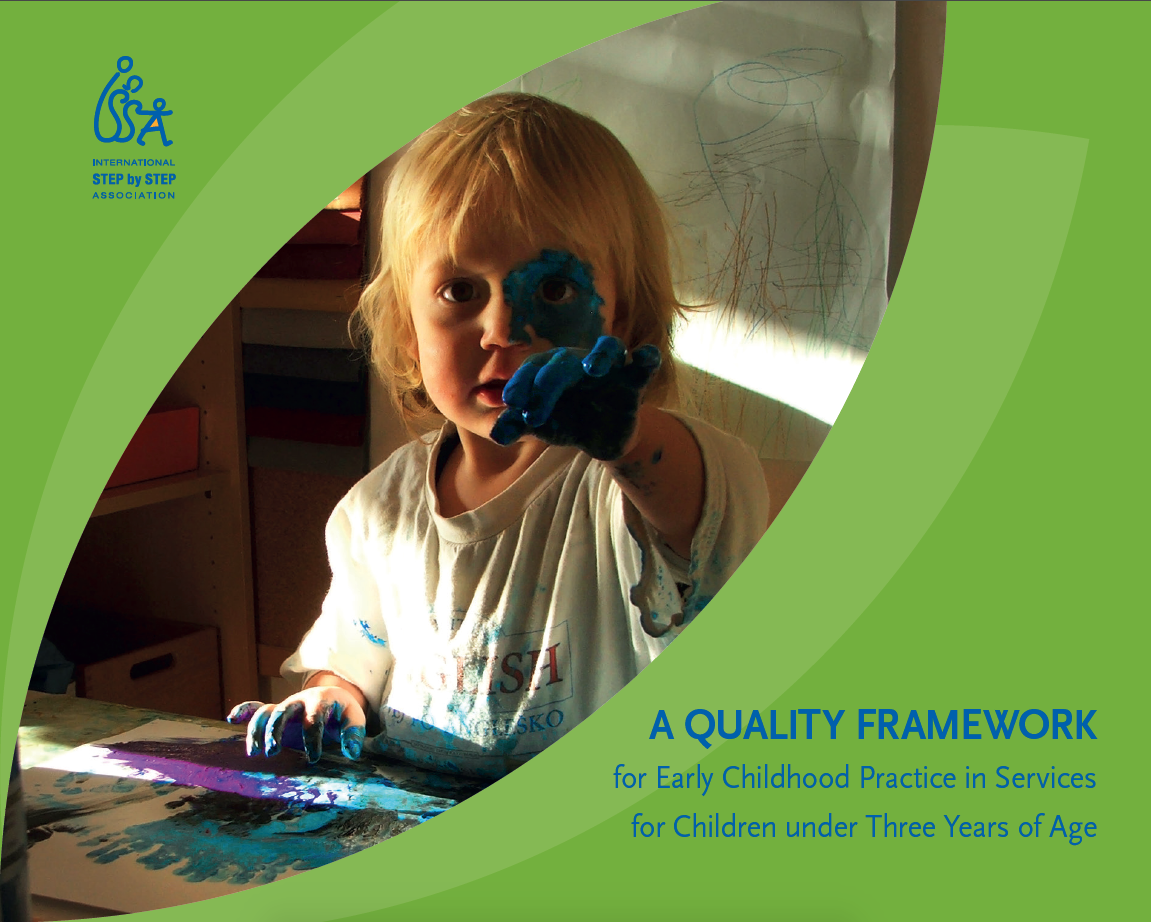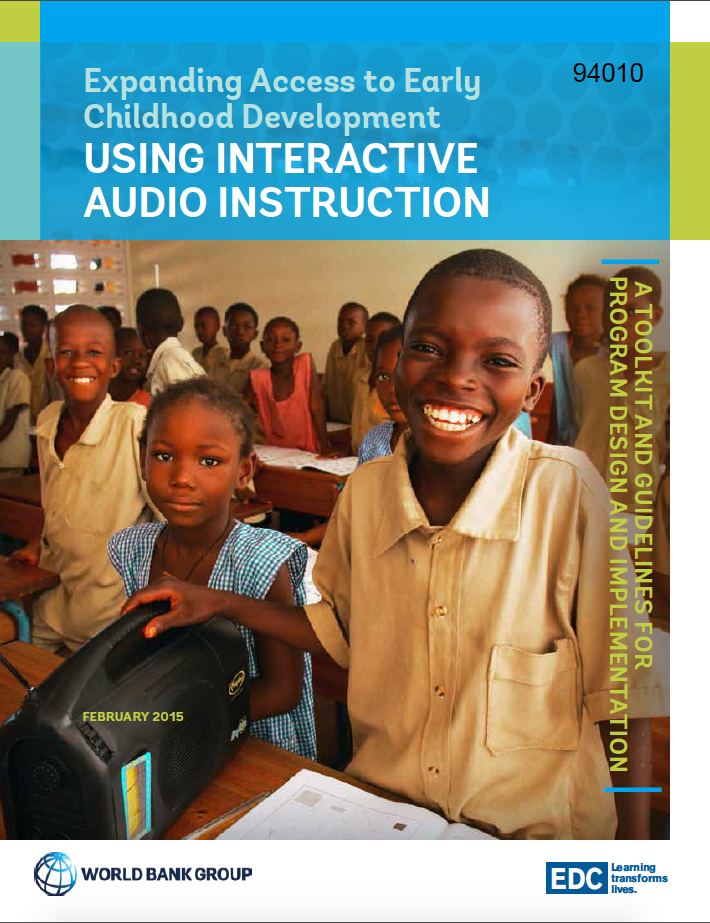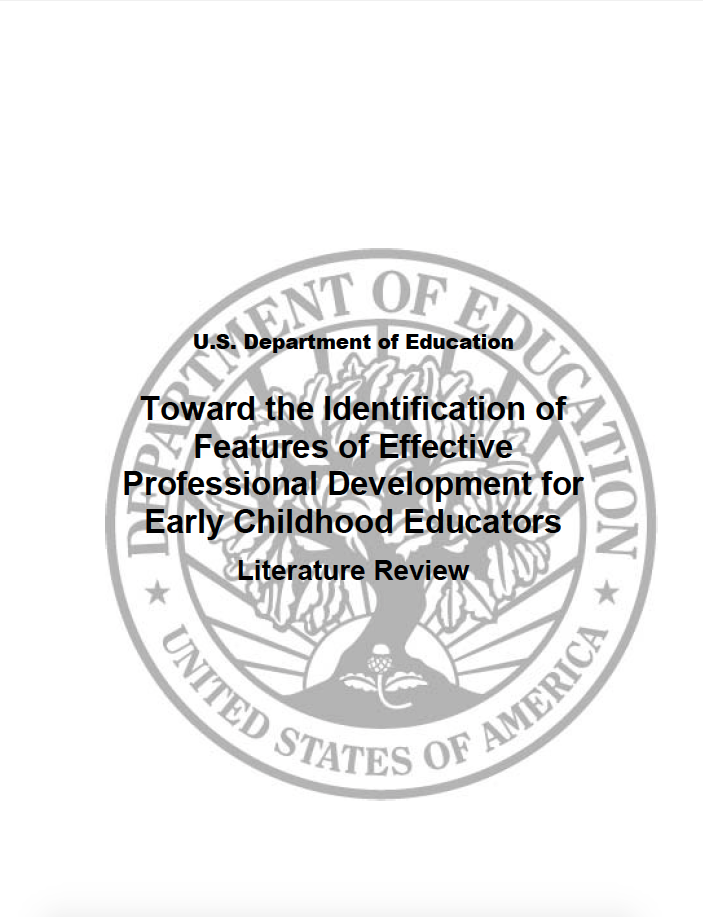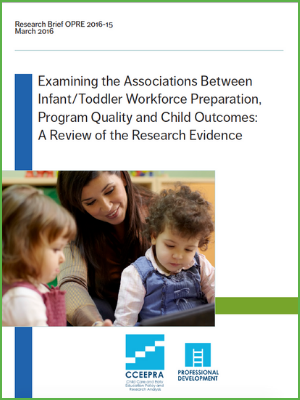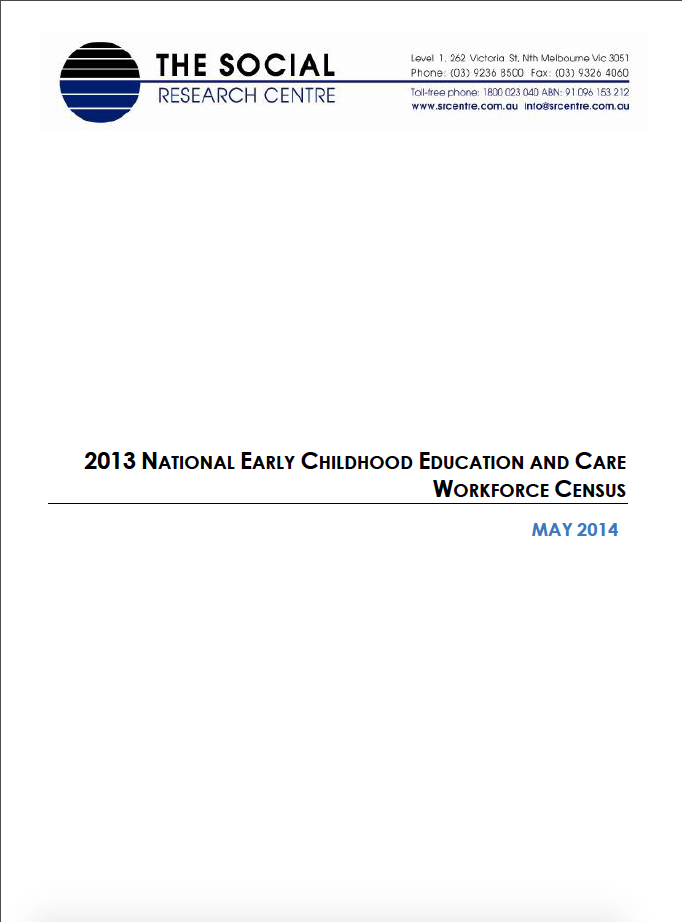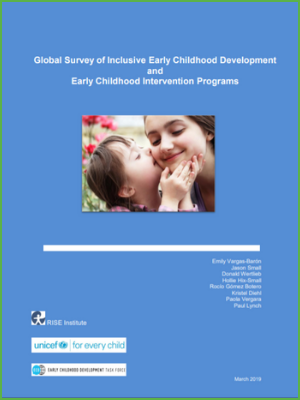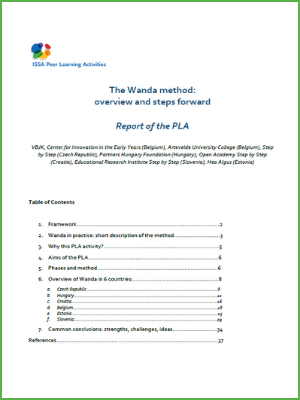Finding Community: An Exploration Into an Induction Support Pilot Project
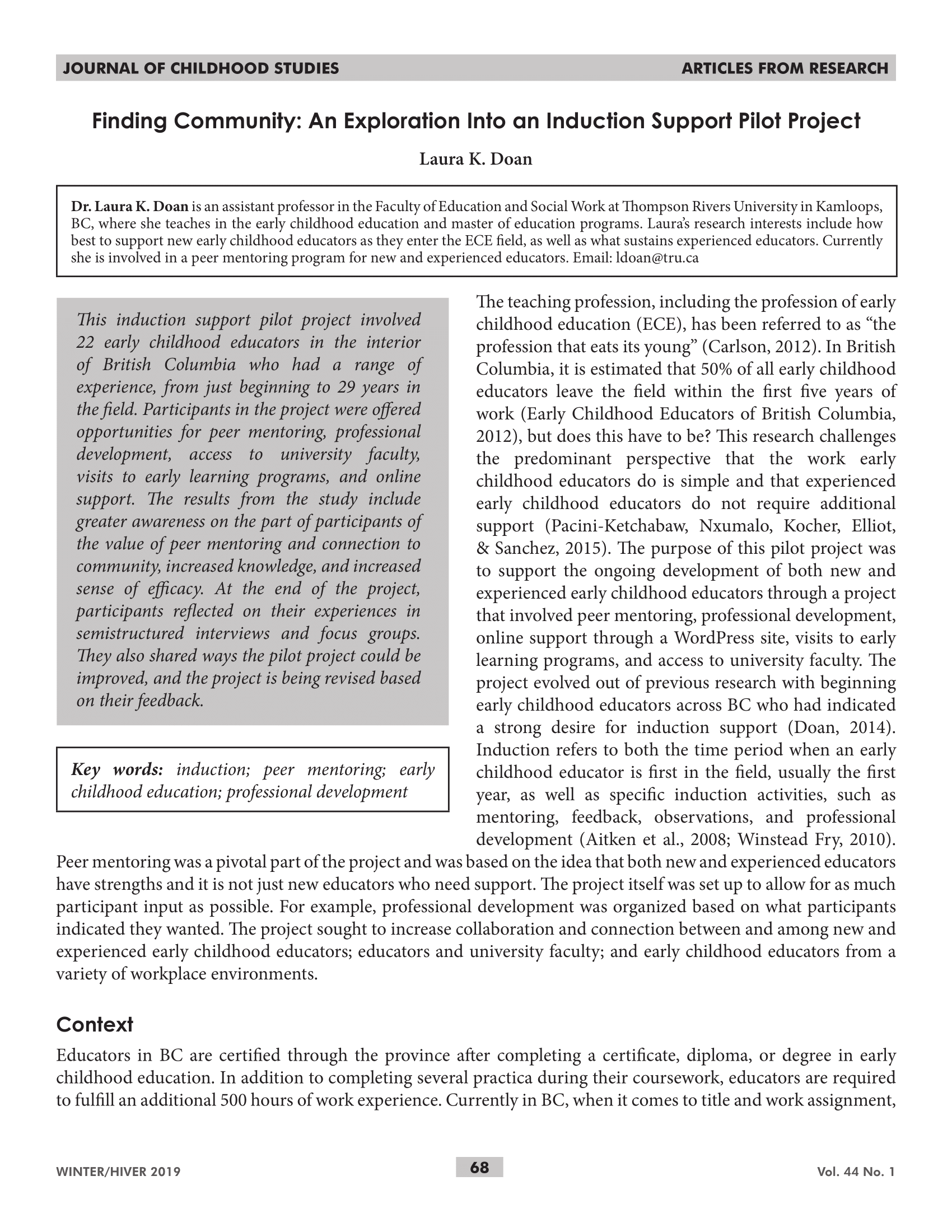
This induction support pilot project involved 22 early childhood educators in the interior of British Columbia who had a range of experience, from just beginning to 29 years in the field. Participants in the project were offered opportunities for peer mentoring, professional development, access to university faculty, visits to early learning programs, and online support. The results from the study include greater awareness on the part of participants of the value of peer mentoring and connection to community, increased knowledge, and increased sense of efficacy. At the end of the project, participants reflected on their experiences in semistructured interviews and focus groups. They also shared ways the pilot project could be improved, and the project is being revised based on their feedback.
Authors: Publication:Journal of Early Childhood Studies
Year of Publication:2019


